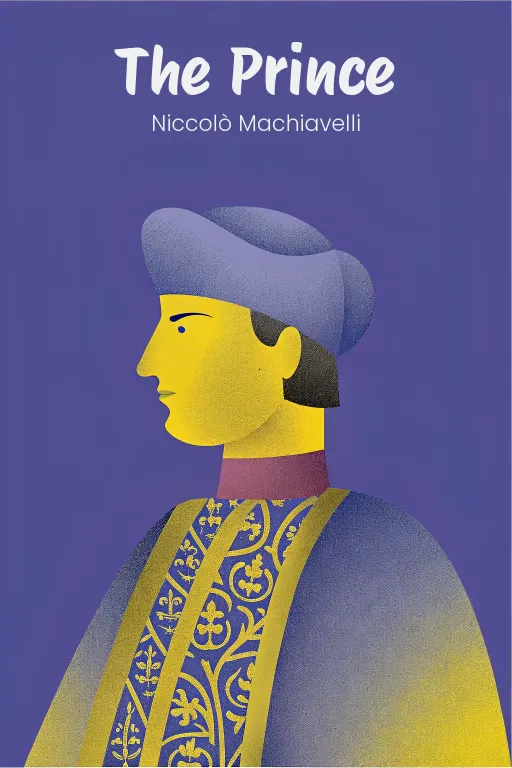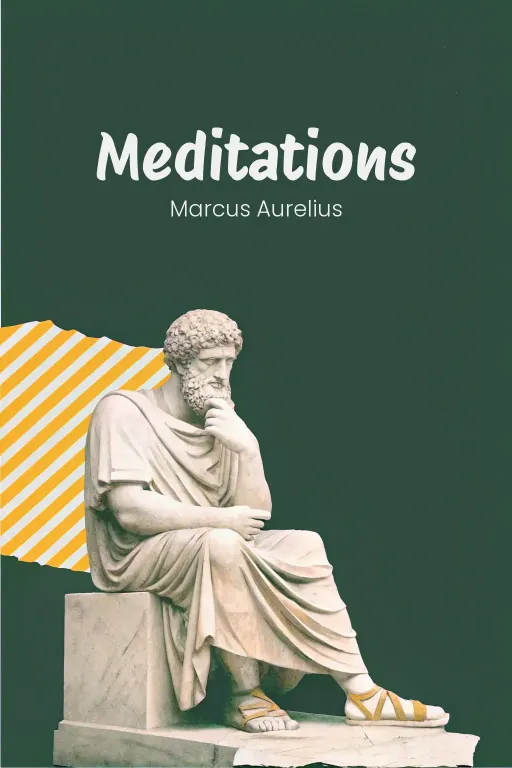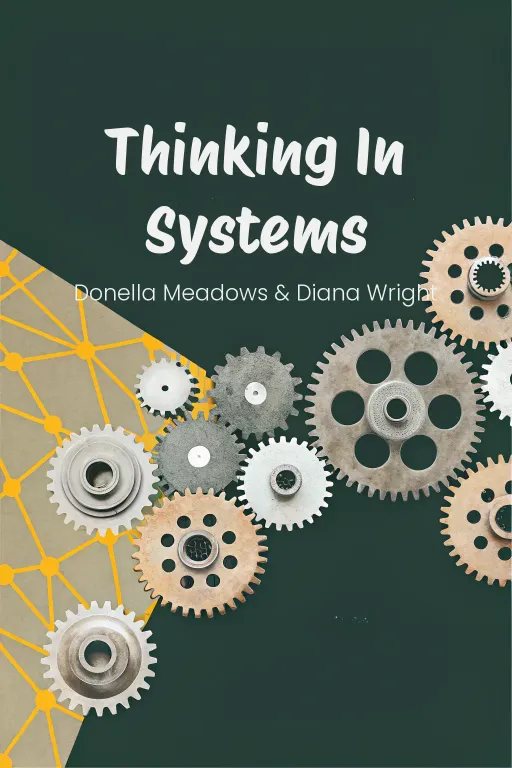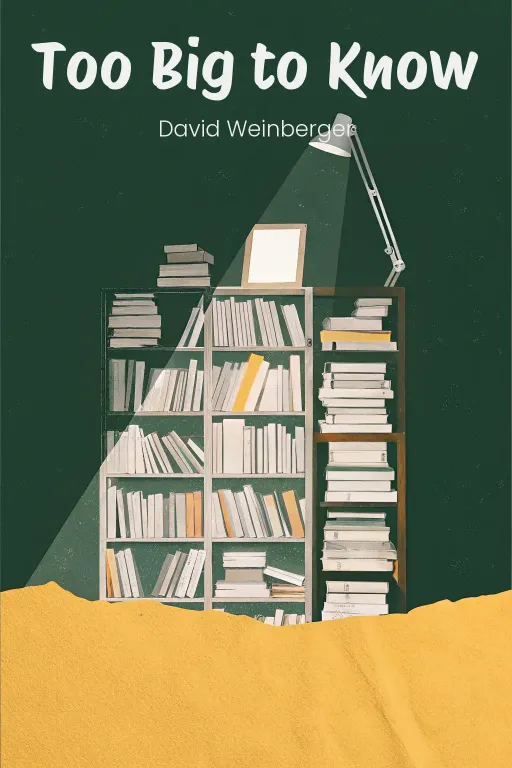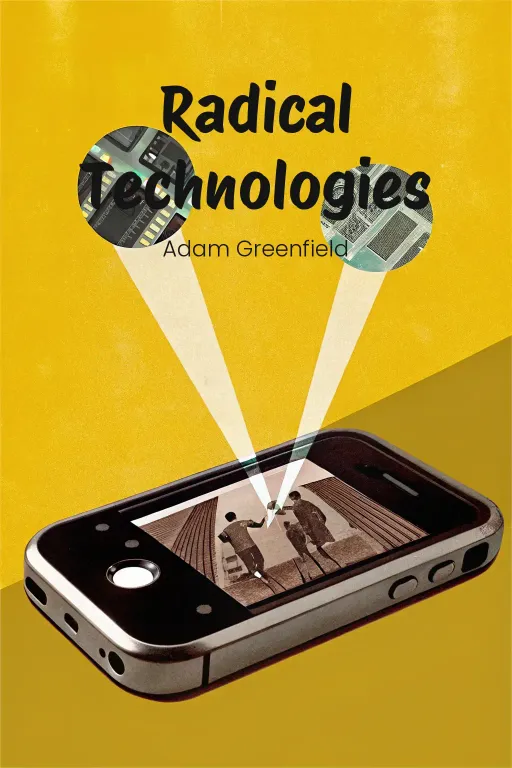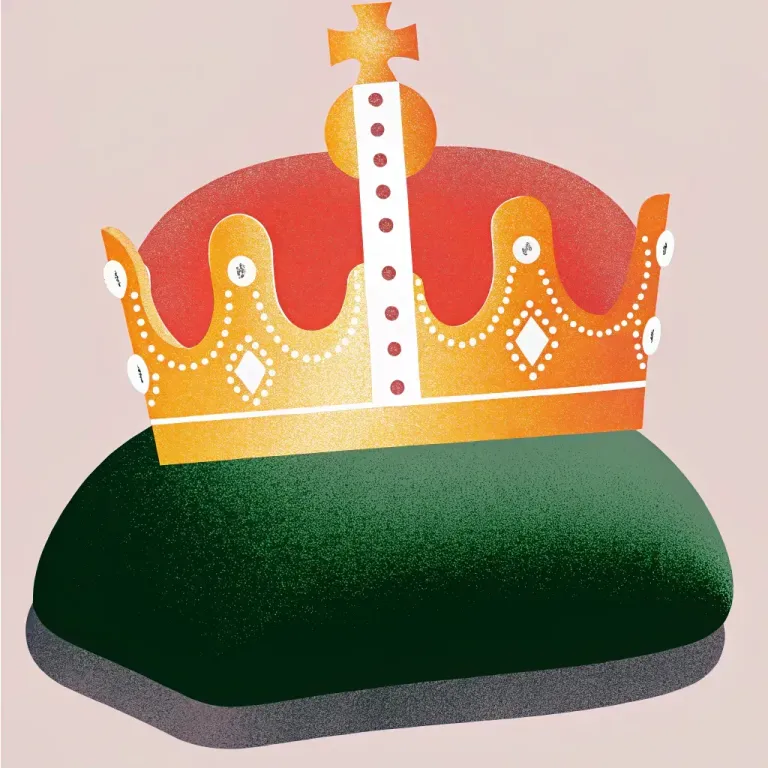
Ego Judo: Master Power Dynamics
Podcast by The Mindful Minute with Autumn and Rachel
Introduction
Part 1
Autumn: Alright, Rachel, let’s kick things off with Law 1: “Never Outshine the Master”. It’s all about ego management—knowing when to step back so others, especially those above you, don’t feel threatened. Rachel: Hmm, so basically, play dumb to avoid making your boss insecure? Sounds a bit... manipulative, no? Autumn: Well, think of it more as emotional intelligence. History’s full of talented people who got axed—sometimes literally—because they overshadowed their superiors. Take Galileo—brilliant, but his defiance of the Church? Not the best career move. Rachel: Okay, fair. But in today’s workplace, isn’t merit supposed to win? Or are we all just doomed to tiptoe around fragile egos? Autumn: Great question! It’s less about hiding your skills and more about framing them collaboratively. Instead of saying, “I fixed your terrible idea,” try “Your vision gave me a great starting point—here’s how we can build on it.” Same result, way better reception. Rachel: Ah, the old "we" instead of "me" trick. Sneaky... but smart. So, how would someone apply this without becoming a total pushover? Autumn: Balance is key. You’re not dimming your light—you’re redirecting it. Think of it like a spotlight: sometimes you’re the star, sometimes you’re illuminating others. Rachel: Got it. So, fake humility? Autumn: “Genuine” humility. The goal isn’t deception—it’s harmony. Even Napoleon knew when to let his generals take credit... right before he took over Europe. Rachel: Classic Napoleon. Alright, next law—hit me with something juicier. Autumn: Oh, just wait. Law 15: “Crush Your Enemy Totally”. Now “that’s” a conversation starter... Rachel: laughs Okay, now you’re just trying to get us canceled. Let’s hear it.
Understanding Power Dynamics
Part 2
Autumn: Alright, let’s start with the foundation—understanding power dynamics. This is the bedrock of everything we’ll discuss today. It’s what drives Greene’s strategies and explains why power works the way it does. Rachel: So, it’s like the rulebook for the game of influence? You can’t play if you don’t know the rules, right? What’s the core idea here? Autumn: Exactly. Power dynamics are all about how people influence and control each other—whether in relationships, work, or politics. It’s where psychology, emotion, and strategy collide. Rachel: So, part brain science, part social chess, and part… emotional judo? Sounds intense. Where do you even begin with something that layered? Autumn: With “perception”. How others see us—or how we shape that view—is one of the most powerful tools we have. It’s subtle, but it’s everything. Rachel: Got it. People don’t just react to reality; they react to the story you tell “about” reality. Who’s a masterclass example of this? Autumn: Galileo Galilei. He didn’t just “do” science—he “sold” it. Back then, research needed patrons, and Galileo knew how to make his work irresistible. Rachel: Wait, so he was basically crowdfunding his telescopes? Autumn: In a way, yeah. At first, he flattered multiple patrons, but that left him vulnerable. Then he got strategic—he focused on the Medicis, Italy’s most powerful family. Rachel: Smart. But how’d he make them care about Jupiter’s moons? Autumn: He named them the “Medicean Stars”. Overnight, his discovery wasn’t just science—it was a PR win for them. Suddenly, the Medicis were part of cosmic history. Rachel: That’s… genius. He turned them into celestial royalty. No wonder they backed him. Autumn: Exactly. He aligned his success with “their” legacy. That’s the key—make yourself indispensable by tying your goals to theirs. Rachel: But isn’t that risky? What if the Medicis had turned on him? Autumn: It “was” a gamble. But by shaping perception so well, he made them see him as an extension of their power. That’s the art of it—control the narrative, and you control your safety. Rachel: Okay, so Galileo shows how to make power players “want” you. But what if you trigger the opposite—like insecurity? Autumn: Ah, now we’re talking about Nicolas Fouquet, Louis XIV’s finance minister. He threw the most lavish party France had ever seen… and it ruined him. Rachel: Wait, how? Too much champagne? Autumn: Worse. Louis saw the extravagance as a “threat”. Fouquet’s château outshone the king’s, and Louis had him arrested for embezzlement. Rachel: Ouch. So the lesson is: never upstage the boss? Autumn: Bingo. Insecurity is a landmine. The smarter play? Make “them” the star. Rachel: Like at work—if you solve a problem, frame it as “their” idea. Autumn: Exactly. And that leads us to envy—the silent killer in power dynamics. Rachel: Oh, this is where it gets “dark”, isn’t it? Autumn: Yep. Take Astorre Manfredi, a prince who was too talented for his own good. Cesare Borgia envied him so much, he had him killed. Rachel: So… don’t be brilliant? Autumn: No—just don’t “flaunt” it. Make your wins feel like “shared” wins. That’s how you stay off the hit list. Rachel: Got it. Perception, insecurity, envy—it all comes down to reading the room. Autumn: And that’s just the start. When we dive into flattery, discretion, and mirroring later, you’ll see how these tools work in real life. Rachel: Can’t wait. But first—how do “we” avoid becoming Fouquet? Autumn: Simple. Never outshine the podcast host.
Practical Applications of Power
Part 3
Autumn: Alright, so now that we've got the fundamentals down, let's talk real-world application. This is where we move from abstract theory to actionable strategies—the "how" of power dynamics. Rachel: Finally—the part where we learn to actually do something with all this. Because let’s be honest, theory’s great, but people want the playbook. Autumn: Exactly. And today, we’re diving into three key areas: subtle manipulation, reputation management, and adaptability. These aren’t just about control—they’re about navigating complexity, building trust, and creating opportunities. Rachel: So, in other words, playing the game without looking like you’re playing. Where do we start? Autumn: Subtle manipulation. It’s the art of influencing others without them realizing it. And the first rule? Conceal your intentions. Rachel: Wait, why’s that so important? If I’m upfront, doesn’t that build trust? Autumn: Not always. If people know exactly what you’re after, they can block you. Concealment keeps you unpredictable—it’s like holding your cards close. Rachel: Got it. So, less poker face, more… no face. Any good historical examples? Autumn: Oh, absolutely. Take Operation Mincemeat in WWII. British intelligence planted fake invasion plans on a corpse and let it wash ashore. The Germans took the bait and diverted resources—leaving the real attack point wide open. Rachel: So, hiding your intentions isn’t just about silence—it’s about feeding the right misinformation. Autumn: Exactly. But here’s the twist: sometimes, the best manipulation involves selective honesty. Rachel: Wait, honesty as a tactic? That feels… counterintuitive. Autumn: Think about it. When people expect deception, a well-timed truth disarms them. Take con artist Victor Lustig—he once "returned" Al Capone’s money after a "failed" investment. Capone was so impressed by his "integrity," he gave Lustig a reward—which was the real score all along. Rachel: So, the honesty was just the bait. That’s… diabolically clever. But how does this translate to, say, a corporate job? Autumn: Simple. Admit a small mistake early on. In a culture where everyone’s faking perfection, that vulnerability makes you seem trustworthy—and primes people to trust you later. Rachel: Okay, I’m sold on manipulation. But what about reputation? That feels like a whole different game. Autumn: Reputation is everything. It’s your shield and your currency. The key isn’t just building it—it’s protecting it. Rachel: Like how Fouquet learned the hard way by outshining Louis XIV? Autumn: Exactly. Misjudging your audience’s ego can backfire spectacularly. But then there’s Napoleon—he didn’t just win battles; he crafted a myth. Every move amplified his reputation until he was France. Rachel: So, reputation isn’t just what you do—it’s how you frame it. Autumn: And that’s where adaptability comes in. Because no plan survives first contact with reality. Rachel: Like Mao’s guerilla warfare? Dude wrote the book on flexibility. Autumn: Perfect example. By refusing rigid tactics, he exploited his enemies’ predictability. Adaptability isn’t just survival—it’s winning on the fly. Rachel: So, to sum up: power isn’t about brute force. It’s about subtlety, image control, and rolling with the punches. Autumn: Nailed it. Real power isn’t taken—it’s crafted, one strategic move at a time.
Personal Growth and Mastery of Power
Part 4
Autumn: Beyond just tactics, true power comes from long-term growth—how we wield it responsibly, ethically. That’s why today, we’re talking “Personal Growth and Mastery of Power”. It’s not just about moves; it’s about evolving. Rachel: So, how do you get powerful without turning into a power-hungry villain? You know, the kind who ends up alone, muttering to themselves in a dark cave? Autumn: [laughs] Exactly. Mastery isn’t just skill—it’s self-awareness, emotional control, and adaptability. Let’s start with “emotional regulation”. Rachel: Right, keeping your cool when everything’s falling apart. Easier said than done. How? Autumn: Take Talleyrand—Napoleon’s diplomat. Once, Napoleon publicly berated him, calling him every name in the book. And Talleyrand? Just stood there, unfazed. Rachel: No comeback? No dramatic exit? Autumn: None. When Napoleon stormed off, Talleyrand simply turned to the others and said, “What a pity that such a great man should be so ill-mannered.” Rachel: Oof. That’s ice-cold. And suddenly, Napoleon’s the one who looks unstable. Autumn: Exactly. Emotional control isn’t weakness—it’s strategy. Pause, stay composed, and you keep the upper hand. Rachel: Okay, but how do we do that? Most of us aren’t 19th-century diplomats. Autumn: Three things: Pause before reacting, control your body language, and keep the big picture in mind. It’s chess, not checkers. Rachel: Got it. Smile, nod, and think long game. Autumn: Which brings us to the next layer—“manipulation vs. empathy”. Now, Rachel, I know you hate that word— Rachel: I do. But go on. Autumn: Manipulation isn’t always sinister. It’s about influence—ethically. Like Galileo naming Jupiter’s moons after the Medicis. He gave them prestige; they funded his work. Win-win. Rachel: So, it’s persuasion with empathy? Understanding what others value? Autumn: Exactly. Align your goals with theirs, and you build trust—not just transactions. Rachel: But where’s the line between empathy and pandering? Autumn: Fair question. It’s about authenticity. You’re not fawning—you’re framing mutual benefit. Rachel: And the final piece? Autumn: “Adaptability.” Napoleon shifted his image—revolutionary to emperor—to stay relevant. Rachel: Until he didn’t. Autumn: Right. The lesson? Evolve or stagnate. Reflect, learn, adjust. Rachel: So, power’s not static. It’s a skill—refined, recalibrated. Autumn: Exactly. Mastery isn’t shortcuts. It’s resilience, strategy, and growth.
Conclusion
Part 5
Autumn: Alright, Rachel, we’ve covered a lot today—power dynamics, practical strategies, and what it really means to master influence. At its core, power isn’t just about control—it’s about understanding human emotions: perception, insecurity, even envy. Rachel: Yeah, and let’s be honest—it’s a delicate dance. Crafting your image, managing other people’s egos… it’s not just about being strategic, is it? There’s an ethical tightrope there too. Autumn: Absolutely. And that’s where emotional resilience comes in. Power isn’t just tactics—it’s adaptability, growth, and knowing when to hold back as much as when to push forward. Rachel: So here’s the big question for our listeners—what’s “your” next move? Maybe it’s paying closer attention to how perception shapes your world. Or pausing before reacting when emotions run high. Or even—how do you align your goals with someone else’s without losing yourself? Autumn: Because power isn’t static, right? It’s something you build, refine, and—honestly—mess up a few times before you get it right. The key? Reflection. Intention. Making these tools work “for” you, not against you. Rachel: And let’s be real—power’s always in play, whether we acknowledge it or not. So why not get good at it? The alternative is… well, letting it happen “to” you. Autumn: Exactly. Thanks for joining us, everyone. Keep learning, stay curious—and never underestimate what happens when you truly “understand” power. Rachel: Catch you next time. Play smart.

